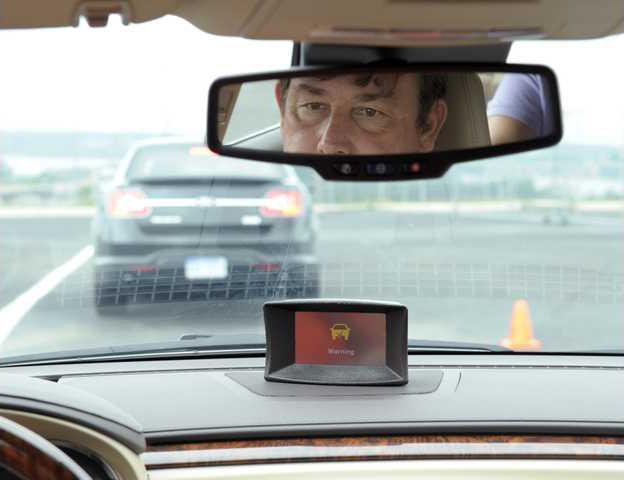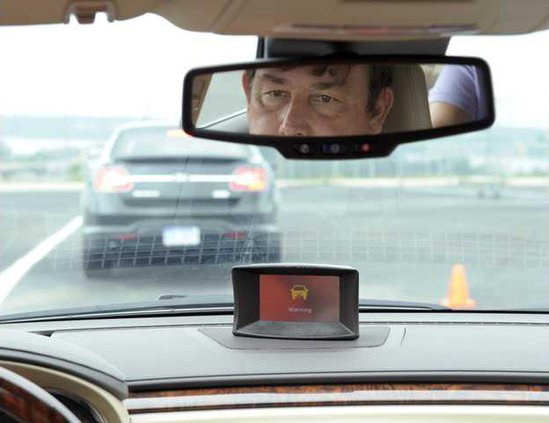WASHINGTON — Safety systems to prevent cars from drifting into another lane or that warn drivers of vehicles in their blind spots are beginning to live up to their potential to reduce crashes significantly, according to two studies released Wednesday.At the same time, research by the Insurance Institute for Highway Safety raises concern that drivers may be less vigilant when relying on automated safety systems or become distracted by dashboard displays that monitor how the systems are performing.The two institute studies found that lane-keeping systems, some of which even nudge the vehicle back into its lane for the driver, and blind-spot monitoring systems had lower crash rates than the same vehicles without the systems.The lane-keeping study looked at police crash data from 25 states between 2009 and 2015 for vehicle models where the systems were sold as optional. Lane-keeping systems lowered rates of single-vehicle, sideswipe and head-on crashes of all severities by 11 percent, and crashes of those types in which there were injuries, by 21 percent, the study found.Because there were only 40 fatal crashes in the data, researchers used a simpler analysis that didn't control for differences in drivers' ages, genders, insurance risk and other factors for those crashes. They found the technology cut the fatal crash rate by 86 percent.That's probably high, said Jessica Cicchino, the institute's vice president for research, but even if lane-keeping systems cut such crashes by half it would be significant, she said.
Studies: Automated safety systems are preventing car crashes
But reliance may be making drivers less vigilant


Sign up for the Herald's free e-newsletter